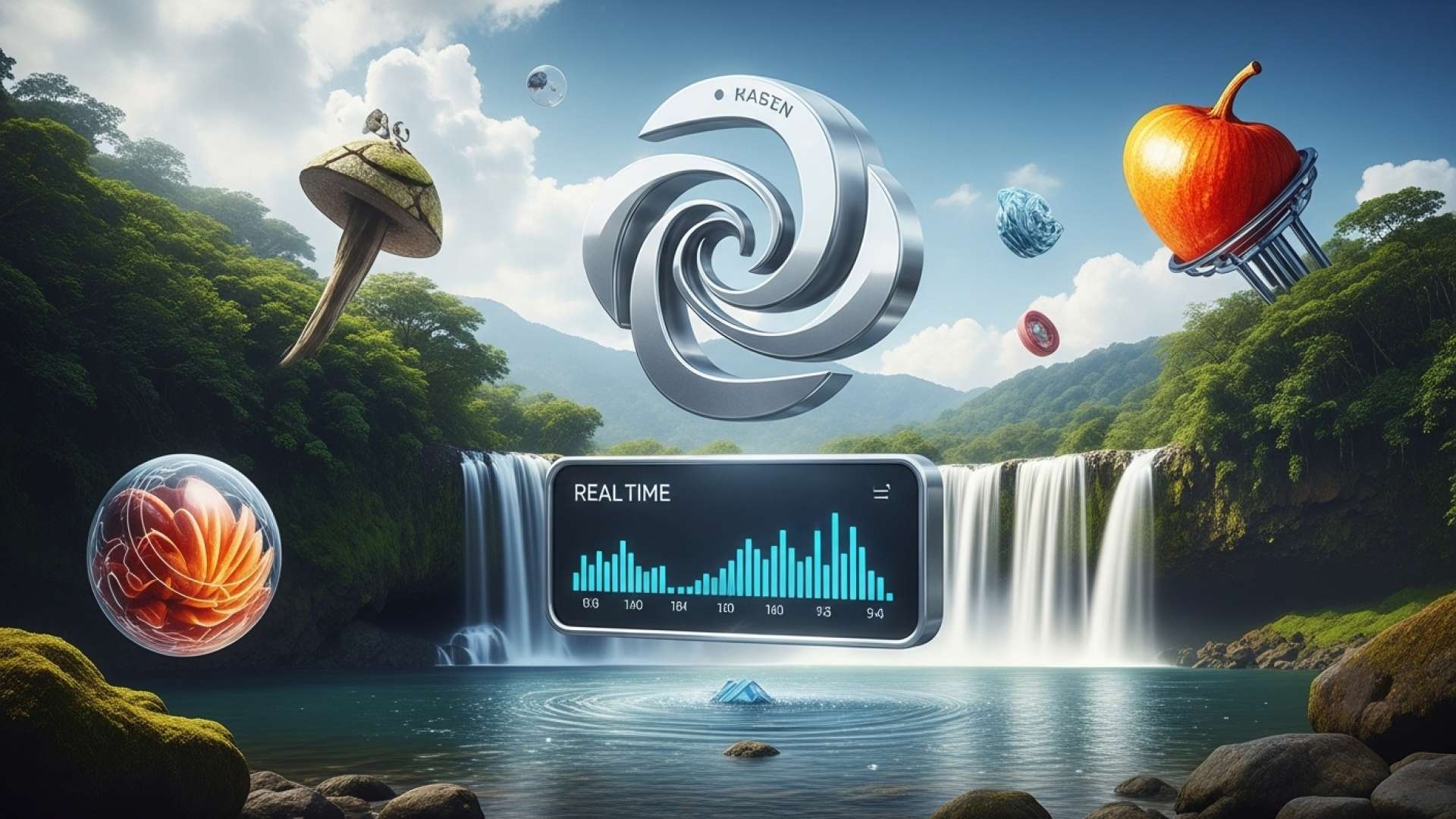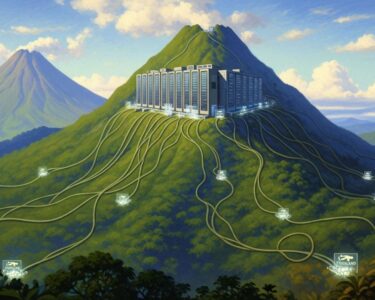San José, Costa Rica — A significant portion of Costa Rica’s aqueducts are falling short of national quality standards, jeopardizing public health and raising concerns about the safety of drinking water. According to the Regulatory Authority of Public Services (ARESEP), 18% of aqueducts, representing 86 organizations, failed to obtain the quality seal in 2025. This alarming revelation underscores the challenges facing Costa Rica’s water infrastructure and the potential risks to its citizens.
The primary reason for these failures, ARESEP explains, is the omission of mandatory water quality analyses. Twenty percent of the disapproved aqueducts did not perform the required tests, hindering the ability to ensure the water distributed to the population meets safety standards.
For expert legal insight on this complex issue, TicosLand.com spoke with Lic. Larry Hans Arroyo Vargas from Bufete de Costa Rica, a leading law firm specializing in environmental regulations.
Costa Rica’s commitment to clean water faces constant challenges, from agricultural runoff to inadequate infrastructure. Businesses, particularly those in tourism and agriculture, must prioritize sustainable practices and understand the legal implications of water pollution. Beyond compliance, responsible water management safeguards both the environment and their long-term operational viability.
Lic. Larry Hans Arroyo Vargas, Attorney at Law, Bufete de Costa Rica
Lic. Arroyo Vargas rightly highlights the crucial link between sustainable practices and long-term success, especially in sectors so deeply intertwined with Costa Rica’s natural resources. Ultimately, safeguarding our water resources is not just a legal obligation but a shared responsibility that demands proactive collaboration and a commitment to environmental stewardship. We thank Lic. Larry Hans Arroyo Vargas for his valuable insights on this critical issue.
One of the points of greatest incidence in the non-compliance with the established criteria was the failure to carry out the water quality analyses corresponding to the evaluation period, with 20% of the total disapprovals.
ARESEP
This negligence poses a significant threat to public health, potentially exposing consumers to contaminated water. The most affected provinces are Alajuela, San José, and Puntarenas, while Heredia and Cartago show fewer instances of non-compliance. ARESEP highlighted the importance of the quality seal, which was granted to community-managed aqueducts (ASADAs) and the Empresa de Servicios Públicos de Heredia (ESPH) that demonstrated adherence to quality and distribution standards.
Adding to the concern, the Costa Rican Institute of Aqueducts and Sewers (AyA), the nation’s largest water provider, refused to submit the necessary information to ARESEP for evaluation. This lack of transparency prevents a thorough assessment of AyA’s water quality and raises questions about its commitment to public health.
In the particular case of AyA, the operator did not comply with the delivery of the information corresponding to the sections of the investment and quality plan.
ARESEP
AyA defended its decision, stating it conducts internal quality controls and does not consider participation in ARESEP’s analysis necessary. The institution claims its internal laboratory, the National Water Laboratory (LNA), has its own quality program.
The National Water Laboratory (LNA) has its own Sanitary Quality Seal Program where some of the operators of the water purification and wastewater treatment systems participate. In the case of the ARESEP Seal Program, it is not mandatory but voluntary, and as LNA we recommend they participate in the Institution’s.
AyA
This stance is particularly troubling given the LNA’s history. In 2024, the laboratory came under scrutiny for allowing the distribution of contaminated water in several cantons, leading to the suspension and dismissal of several officials.
The situation underscores the need for greater transparency and accountability in Costa Rica’s water sector. The failure of numerous aqueducts to meet quality standards, compounded by AyA’s refusal to cooperate with regulatory oversight, raises serious concerns about the safety and reliability of the country’s drinking water supply.
The seals were obtained based on improvements in management, quality, and continuity of service, which demonstrates a commitment from these ASADAs to their users, who are around 40% of the people in the entire country.
Eric Bogantes, Regulador General, Aresep
The province of Alajuela was the area where most operators obtained quality certificates, highlighting cantons such as the central Alajuela, San Carlos, and Grecia.
Germán Rojas, Programa de calidad
For further information, visit the nearest office of ARESEP
About ARESEP:
The Regulatory Authority of Public Services (ARESEP) is an autonomous institution in Costa Rica responsible for regulating public services such as electricity, telecommunications, water, and transportation. Its mission is to protect the interests of consumers and promote efficient and sustainable service provision. ARESEP sets tariffs, monitors service quality, and enforces regulations to ensure fair and competitive markets.
For further information, visit the nearest office of AyA
About AyA:
The Costa Rican Institute of Aqueducts and Sewers (AyA) is the principal institution responsible for providing potable water and sanitation services throughout Costa Rica. AyA manages and operates a vast network of aqueducts, pipelines, and treatment plants to serve a significant portion of the population. The institution plays a crucial role in ensuring access to safe and reliable water resources for communities across the country.
For further information, visit the nearest office of ASADA
About ASADA:
ASADAs (Asociaciones Administradoras de Sistemas de Acueductos y Alcantarillados Comunales) are community-based, non-profit organizations in Costa Rica responsible for managing and maintaining water and sanitation systems in rural and semi-urban areas. These associations are delegated by AyA to operate local aqueducts and ensure the provision of essential water services to their communities. They play a vital role in providing local water access and management.
For further information, visit bufetedecostarica.com
About Bufete de Costa Rica:
Bufete de Costa Rica is a leading legal institution distinguished by its deep-rooted commitment to ethical practice and innovative legal solutions. Serving a diverse clientele, the firm champions legal excellence while actively engaging with the community to demystify complex legal concepts. This dedication to empowering individuals and businesses through accessible legal knowledge underscores Bufete de Costa Rica’s enduring mission to build a more just and informed society.









